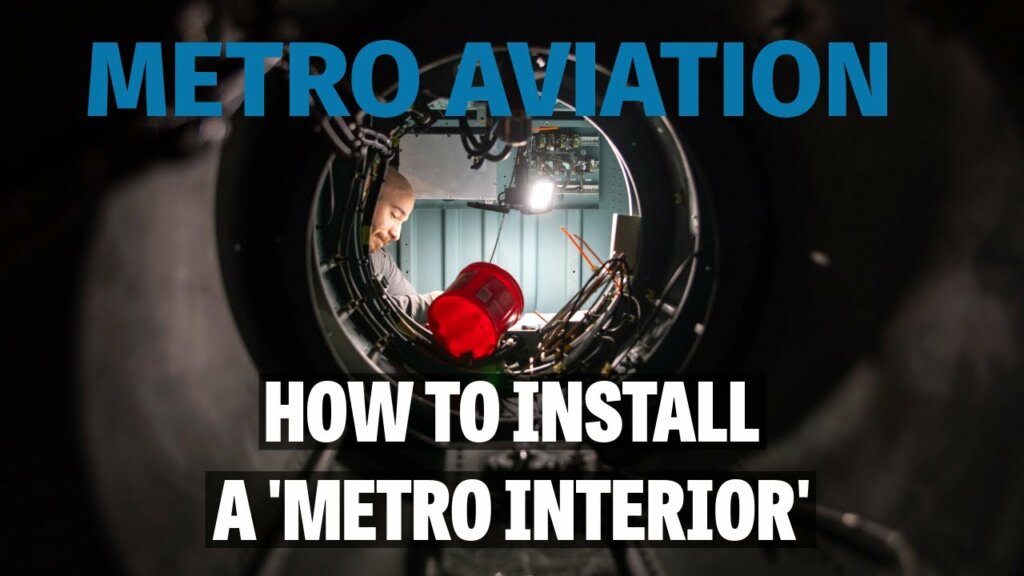San Francisco Bay Area startup MightyFly said it has completed its first series of flight tests with its MF-100 autonomous hybrid eVTOL aircraft for cargo delivery. The company said the tests successfully demonstrate its aircraft’s vertical take-off and landing capabilities.

Designed for aerial logistics, the MF-100 is targeting a payload of 100 pounds (45 kilograms), range of 600 miles (966 kilometers), and speeds of 150 mph (241 km/h).
Its hybrid-electric propulsion system allows the aircraft to recharge its batteries in flight, which the company believes will enable the cargo drone to perform multiple deliveries along a single flight route.
The milestone marks the next chapter of the company’s flight test program, which started in April 2021 after the aircraft received a special airworthiness certificate from the U.S. Federal Aviation Administration (FAA).
The testing started with a series of outdoor untethered hover flights, culminating to what the company believes is a strong demonstration of its autonomous take-off and landing capabilities. The tests were conducted autonomously at the San Francisco Bay area, and were monitored by pilots remotely.
“We have now closed on that series of test data, and our focus is on the next one, which will be the transition and long-range flights,” Manal Habib, co-founder and CEO of MightyFly, told eVTOL.com.
MightyFly’s flight test campaign will continue for the rest of the year and include additional ground tests to stress the system and test every aspect before moving on to transitions and long-range flights, which it hopes to achieve by early next year.
After the flight tests, the company will focus on its patent-pending autonomous loading and unloading technology, which Habib describes as a conveyor belt that connects the aircraft’s nose to warehouses where packages would be autonomously loaded and unloaded.
“We have a whole solution on how we are determining the weight and balance [of the aircraft] because that’s the most critical portion when you load an aircraft,” Habib said. “A big part of the IP [intellectual property] is how we’re automating this loading and unloading and the weight and balance of the aircraft.”
While she said this process will be autonomous, Habib anticipates that the first commercial operations will see operators supervising the process, conducting a final check before the aircraft takes off.
Along with developing cargo delivery aircraft, MightyFly plans to operate its own vehicles as a logistics service provider. The company is currently exploring business-to-business applications with potential customers in the U.S., Australia, Japan, and Singapore. This includes retail shipments to service same day deliveries, just-in-time manufacturing to deliver essential hardware to keep manufacturing facilities operational, and medical supply delivery to remote and rural areas.
Last year, MightyFly secured $5.1 million in funding for its hybrid-electric VTOL. Since then, the company has quadrupled in size to include experts in the aerospace and logistics fields. The company is targeting FAA Part 135 type certification in the next two years, and commercial operations with its MF-100 aircraft in 2025.
In addition to the MF-100, the company is also developing an autonomous aircraft that can carry a heavier payload of up to 500 lb (227 kg), which it expects to start flight testing in 2024.








